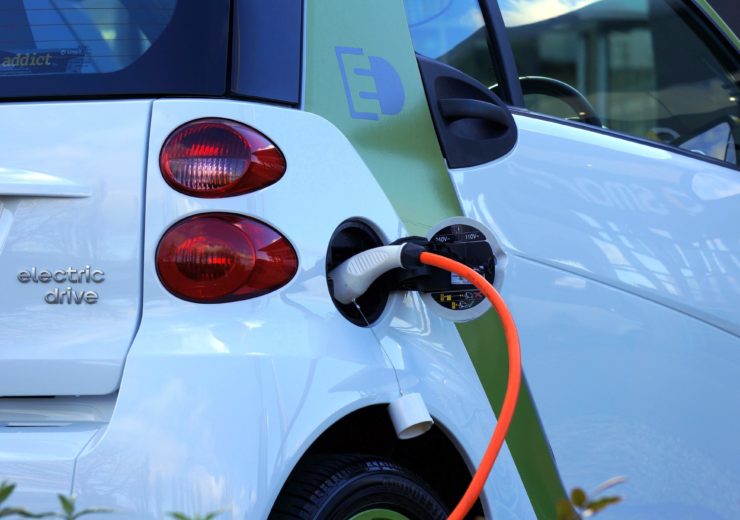Sweden has taken a step closer towards a fossil-free transport system with the launch of a new, Government-backed electromobility testbed, with the Swedish Electric Transport Laboratory part-funded by Volvo Group and Scania

Charging electric vehicles using smart methods can help to smooth peaks in energy demand
Volvo and Scania are among the backers of a new electromobility testbed launched in Sweden.
The Government-supported lab, called Swedish Electric Transport Laboratory (SEEL), aims to accelerate the transition to green technologies in the automotive industry and a fossil-free Swedish society.
Pioneered by the Research Institutes of Sweden (RISE) and Gothenburg’s Chalmers University of Technology, the project has received 1 billion Swedish krona (£85m) in private and public investment.
SEEL is expected to be ready by 2022 and will be built in the Lindholmen area of Gothenburg in southern Sweden, with additional facilities near Stockholm.
Mikael Damberg, minister of enterprise and innovation, said: “The automotive industry is extremely important for Sweden, and today we take an important step to secure Swedish automotive jobs in the great transition that is taking place in the transport sector.
“From fossil to renewable – in everything from petrol and diesel to electricity – our goal is to make Sweden one of the world’s first fossil-free welfare states.
“And to do that we need to both cut emissions and secure our competitiveness.
“The Swedish automotive industry will play a key role in this transformation.”

Electric car components to be developed at electromobility testbed
SEEL will provide testing for each area of electrified cars, from various electric vehicle components to smart power management, with the marine and aviation sectors able to make use of the electromobility testbed as well.
The aim is to help Sweden remain at the forefront of global innovation in the transport sector and help accelerate the move towards a fossil-free Swedish society.
Both Volvo Group and subsidiary Volvo Cars are involved in the electromobility project, alongside truck and bus manufacturer Scania and car development centre China Euro Vehicle Technology AB (CEVT).
Volvo Group chief technology officer Lars Stenqvist said: “We in the automotive industry have a major role to play in climate management, and electrification is an important part of that work.
“We have started with buses and our first electric trucks, but much more research and development is required. SEEL will help us – and Sweden – to remain a leader in the development of vehicles and systems for climate-neutral transport.”
Electromobility has key role in automotive innovation
Mats Fägerhag, CEO of CEVT, added: “CEVT has a clear mission within the Geely Group [multinational Chinese automotive manufacturing company] to become a world-leading innovation centre.
“Electromobility is an area that allows for new features that will be absolutely essential for our future products to meet tomorrow’s requirements for fossil-free vehicles.
“Development of these features requires deep understanding of components and systems – SEEL will be part of the base we need to continuously develop this knowledge.”


